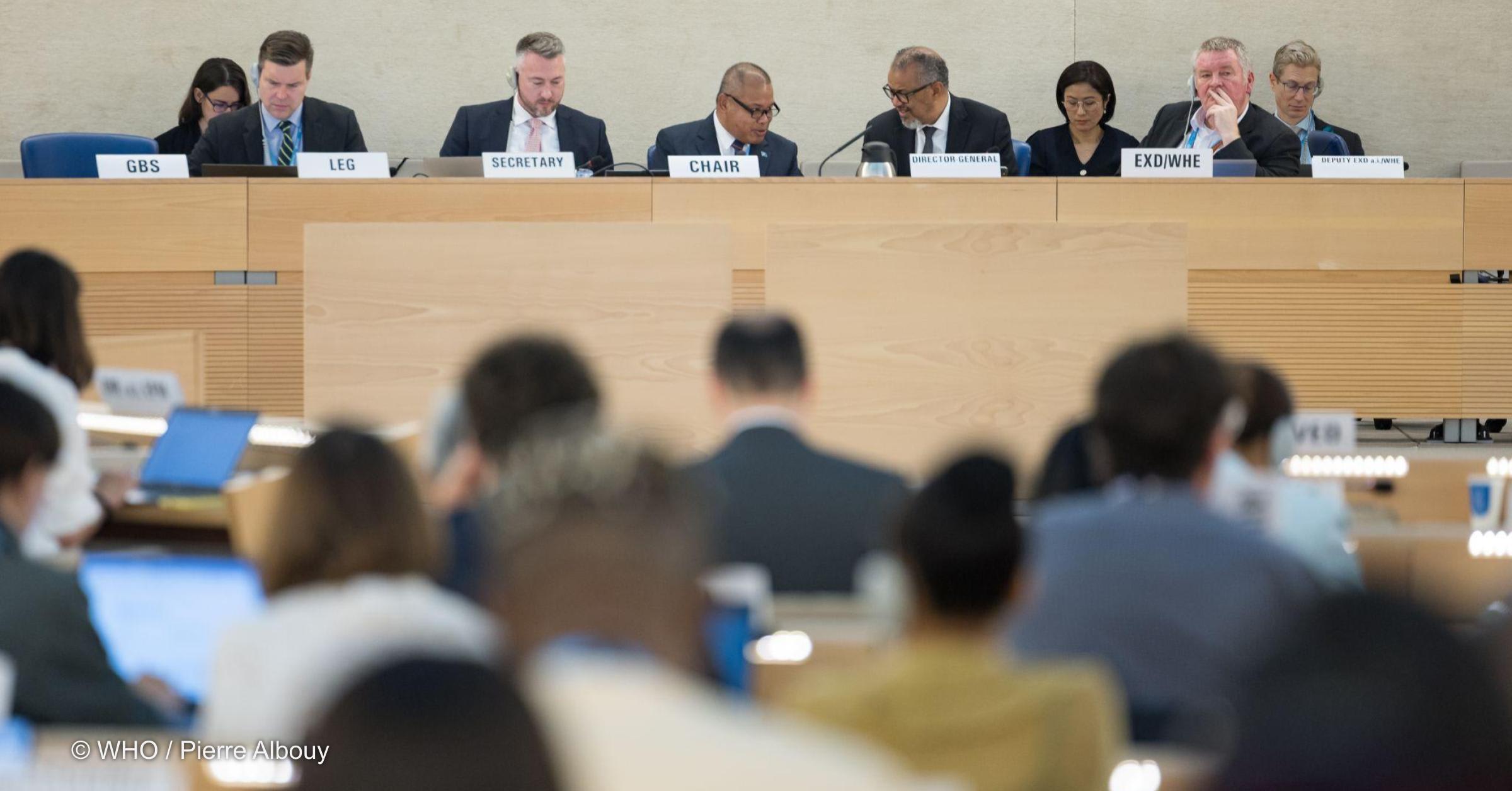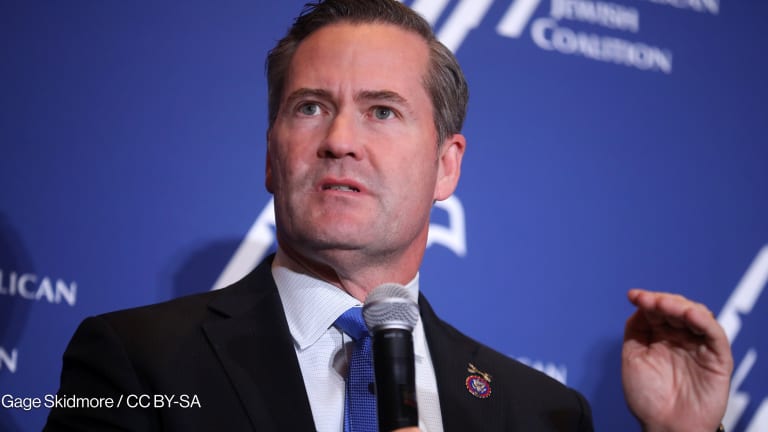
BARCELONA — This week, it emerged that the United Kingdom’s aid chief, Penny Mordaunt, had suggested withdrawing the country and its £11.1 million ($14.22 million) in funding from the United Nations Educational, Scientific and Cultural Organization. Other cabinet ministers rejected the plan, which comes just as the United States prepares to withdraw its own membership. But why was it suggested, and how does it relate to the U.S. decision?
UNESCO’s role in development
The cultural body is commonly known as the organization responsible for protecting over 1,000 World Heritage sites — landmarks of extreme cultural or historical value — such as the Great Barrier Reef, the Acropolis in Athens, Greece, and Peru’s Machu Picchu. The U.K. has 31 such sites.
Founded in 1945 following World War II, it also has a peacebuilding function facilitated through international cooperation in education, the sciences, and culture. The organization’s website states that: “Peace must be founded upon dialogue and mutual understanding.” It publishes an annual Global Education Monitoring report and works to improve access to and quality of education worldwide.
More on UNESCO:
US quitting UNESCO seen as symbolic act, but with a punch
Q&A: Irina Bokova on saving culture in times of conflict
Stop blaming teachers for education woes, says UNESCO report
Its contribution to the Sustainable Development Goals as a U.N. agency includes helping to form the Education 2030 agenda; sitting on the U.N. task team for a global technology facilitation mechanism, which aims to encourage global cooperation on science, technology, and innovation; and running a social and human science program focused on policy advice and capacity building in relation to SDG 16 on peaceful and inclusive societies.
Why would the UK consider leaving?
Mordaunt reportedly argued that UNESCO does not meet the criteria set by the Department for International Development for international aid. It is also among the worst-performing agencies in DFID’s Multilateral Development Review, which has previously singled out UNESCO for a lack of transparency. The department says it is working to ensure the country’s aid goes to the best-performing multilateral agencies that deliver on the U.K.’s core objectives.
Since the 2016 MDR, DFID has been working with UNESCO to improve its performance. Only last month, Matthew Lodge, British ambassador to UNESCO, said the body’s finances were “on a sounder footing.” Still, the government says more progress is required.
Is it going to happen?
It is unlikely, at least for now. Other cabinet members opposed the withdrawal, and Prime Minister Theresa May rejected the idea when it was proposed in 2016 by Mordaunt’s predecessor, Priti Patel.
The U.K. shadow foreign secretary, Emily Thornberry, also voiced her concerns in an op-ed in the newspaper The Guardian, arguing that, “Britain makes a net gain from our membership of UNESCO: We contributed £11 million to the agency this year, versus £100 million value added to our economy from its designation of our heritage sites.”
As yet, a DFID spokesperson said nothing has changed with regard to the U.K.’s funding commitment to the U.N. agency. “The U.K. is working closely with UNESCO and other member states to ensure it makes crucial reforms to deliver the best results and value for taxpayers’ money.”
In a statement to the The Times newspaper, which broke the story, a government spokesperson reiterated that, “There has been no change to our commitment to UNESCO.”
How does it relate to the US decision?
The conversation comes after U.S. President Donald Trump announced his intention to withdraw from UNESCO in October 2017, quickly followed by Israel, which will take effect at the end of this year.
While the U.S. hadn’t been an active member since 2013 — after missing a series of payments and losing voting rights — Trump and Israel’s Prime Minister Benjamin Netanyahu referred to “anti-Israel bias” as their reason for leaving, after Palestine was granted UNESCO membership in 2011 and the Palestinian city of Hebron became a World Heritage site in 2017.
Some worry that if the U.K. were to follow the U.S. in withdrawing, even if pointing to different reasoning, it could be deemed a political move. The U.K. previously withdrew from UNESCO in 1985, a year after the U.S. had done the same, though both countries later rejoined.
“Just as in 1985, we have a Tory government that is slavishly following America down a path to isolationism,” Thornberry argued.








